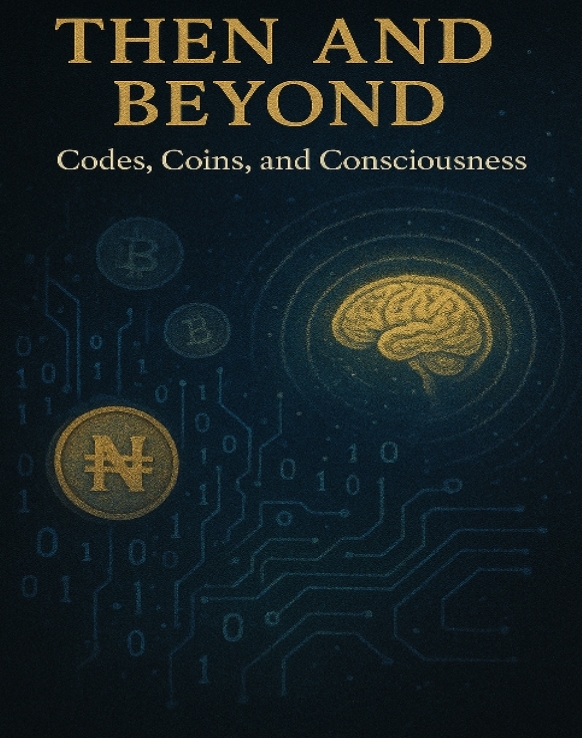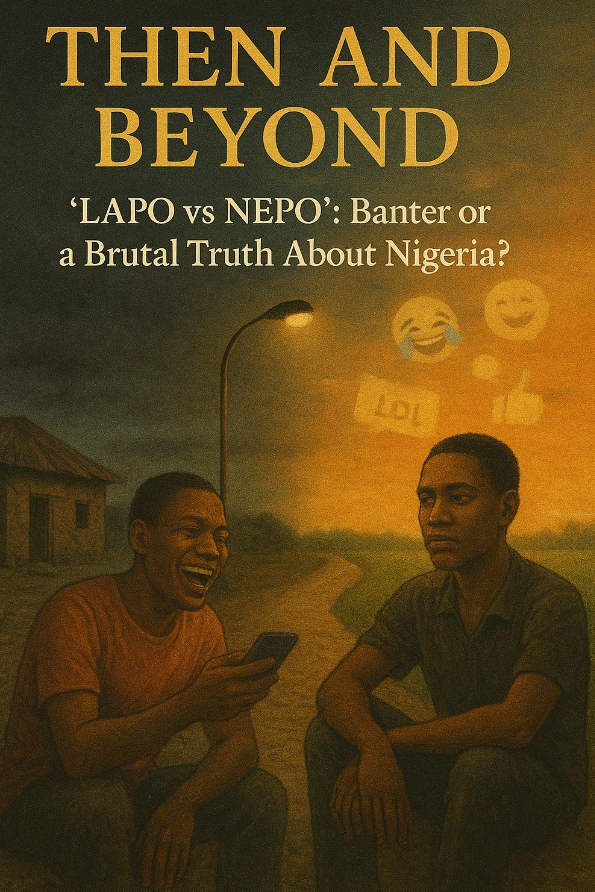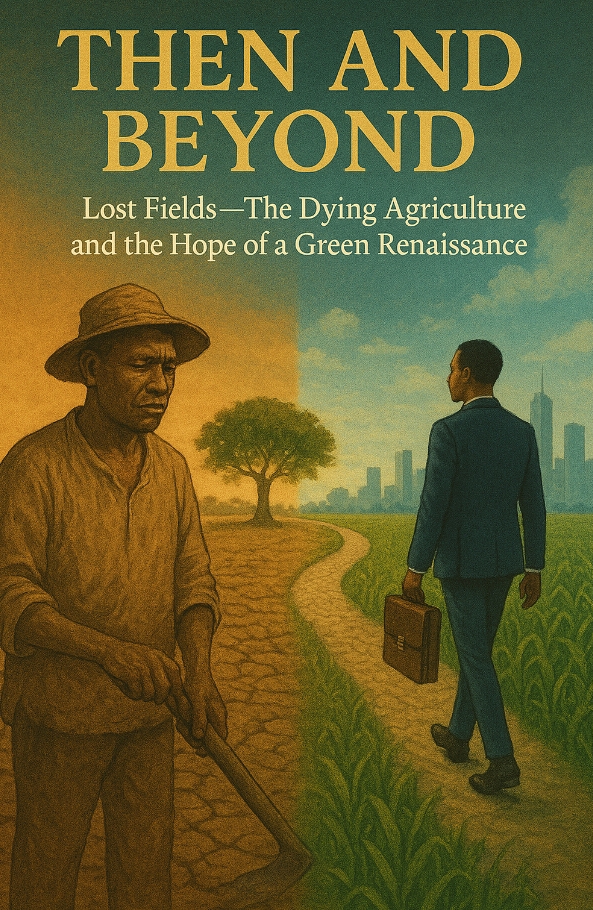Then and Beyond: Echoes of Insecurity

Oluseun FATOPE
On Thursday 24 April, 2025 around midday gunmen invaded and killed over 20 people of Gobirawa Chali, however, there were other 14 bodies discovered injured while many others were missing. Because of frequent attacks, people of the Dan Gulbi district in Maru LGA of Zamfara state require armed security escort all the time to travel in and out of the area. But in fact, not all the people enjoy the armed escort movement. In the northern region, the authorities’ failure to act has left the majority of the villagers at the mercy of armed bandits, who have killed hundreds of people and continue to kill almost daily.
This incidence is not isolated; it is grim addition to a series of violent episodes that have plagued Nigeria from the neglect of the so-called authorities. Even in the security interest of the south west region, security agencies, such as Amotekun, has been established, showing the gravity of the security challenges a citizen has signed up for by being a member of the country. Sadly, most of the methods are ineffective in curbing insecurity.
This tragedy makes it imperative to understand the historical backdrop of these violent conflicts and explore the pathway that can lead us toward a more secure future. The story of authorities failure starts from the complex foundation of the colonial administration and can blamed for the current security challenges. However, we cannot overlook the failure of the state authorities to curb insecurity.
Then: Policies of Division
The British colonial administration implemented indirect rule, leveraging existing ethnic and traditional structures to govern vast territories. While this approach allowed for administrative convenience, it also entrenched ethnic divisions and fostered competition among groups for political and economic dominance. In the northern regions, colonial authorities often favoured certain groups over others, leading to imbalances in resource allocation and political representation, these disparities sowed seeds of resentment and mistrust that have persisted into the post-colonial era. The spatial restructuring done by the colonial administrators engendered a legacy of ethnic pluralism, as disparate groups found themselves with within the newly defined territorial confines, contributing to the complexity of Nigeria’s post-colonial identity mosaic.
Having gained independence in 1960, different Nigerian governments tried to unite the country as one nation. Unfortunately, the attempts at nation building were undone due to unstable politics, military coups and civil wars. Most of the governance systems didn’t function properly to fulfil the needs of the marginalised populations especially in the rural areas.
Ignoring rural areas, the lack of infrastructure such as roads, education centres, healthcare facilities and general medical services, bred poverty as well as disenfranchisement. Such factors have made it impossible for the people of Zamfara to seek basic needs. Because of these factors arising, non-governmental actors have emerged who capitalise on the grievances of the people.
Now: The Need for Dire Actions
The recent incidents of violence in Zamfara reveal the confluence of resource competition and underlying insecurity. With weak political control and lawless environments where there are no regulatory frameworks in place further deteriorate the state of security. Bandits not only instigate violent attacks, but also perform illicit kidnappings, and take hold of communities, all of which serve to stunting the local economies and displacing the entire community. There is no check on the number of guns on the move due to porous borders, coupled with the poor security set up, which worsens the already dangerous situation. Unrest also stems from rampant incendiary warfare, of which the burgeoning bandits are fleeing.
Beyond: Sustainable World
For sustainable equilibrium, it is imperative to note that there are socio-economic inequalities and gaps are bridged in every society. Investment in rural areas like construction of required infrastructure, healthcare facilities, and educational centres directly impact poverty, enhancing economic growth while weakening the influence of armed groups. Alternative development programs such as promoting agriculture and vocational training devise new opportunities for at-risk groups.
Furthermore, granting vital resources and representation in medial decision making bodies help combat the feeling of political under-representation. Policies addressing social fragmentation that incites rivalry and celebrating diversity would bridge the trust gap among Nigerians.
Narratives focused on dialogue and reconciliation involving past grievances need to be incorporated in peace building efforts, addressing all sectors of the society, including the traditional and religious leaders and non-governmental organizations aids, in devising practical resolutions to community-based conflicts.
In similar setting to other post-conflict states, truth and reconciliation commission said in the publicly accessible centre for the unspeakable and shared past crafting platforms that blame assigning and future vision formulation.
Conclusion
ConclusionThe Gobirawa Chali tragedy is an example of the harsh realities that continue to afflict Nigeria in its quest for peaceful coexistence and security. Nonetheless, addressing the history of these issues coupled with holistic reforms may strengthen the possibility of a more cohesive and peaceful Nigeria.
In contemplating the past while coming to grips with the present, we must strive to cultivate a day when every Nigerian, no matter where they’re from, can enjoy safety and dignity.








